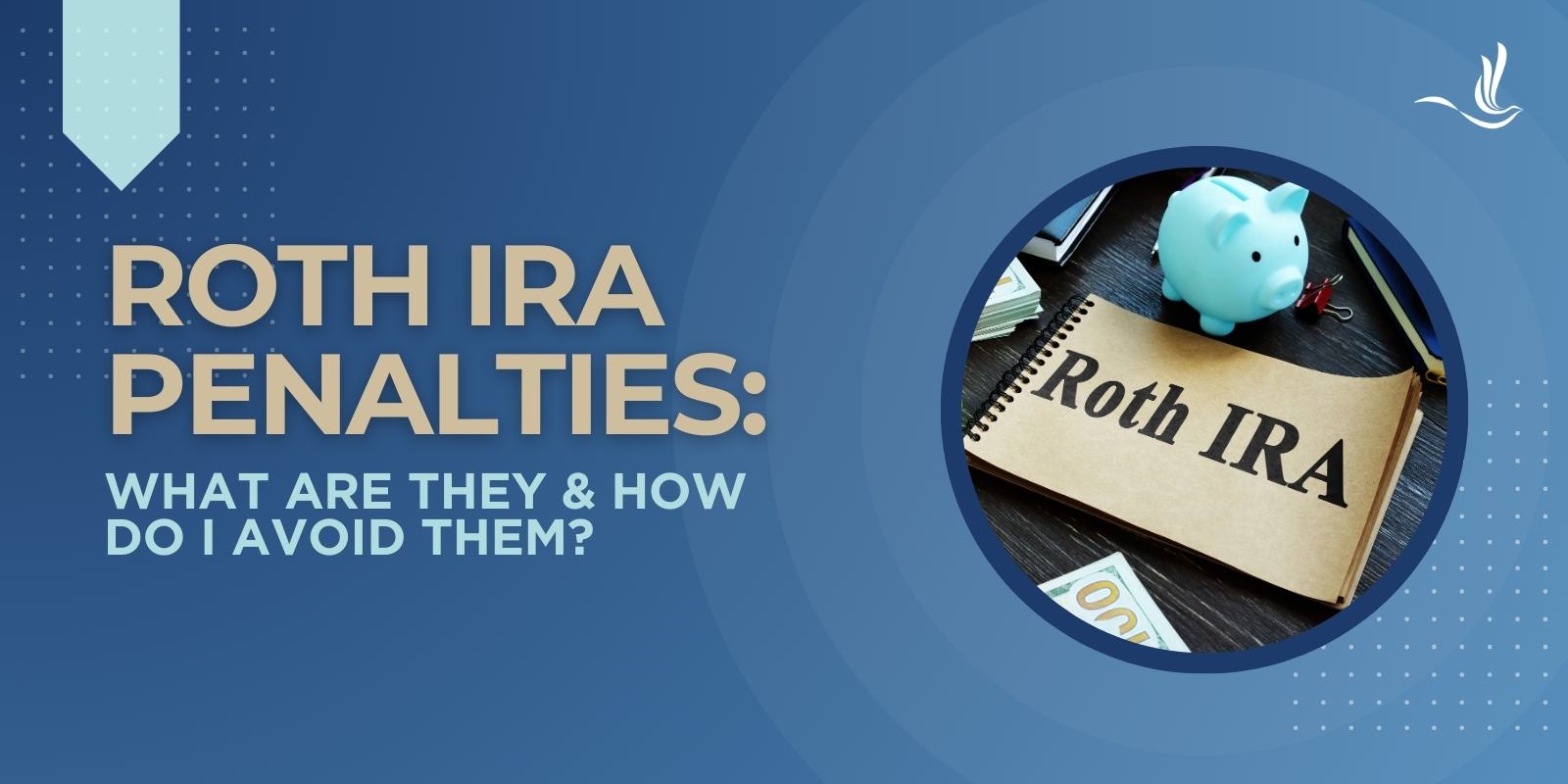When someone close to us passes away, sorting through the financial side can feel overwhelming. The good news is most people don’t need to stress about inheritance tax — at least not at the federal level.
In this guide, we’ll break down how the inheritance tax works in the U.S., so you know what to expect. We’ll cover who needs to pay it, how it’s calculated, and the ins and outs of filing inheritance tax returns. Plus, we’ll touch on real-life examples of taxes on inherited property to help clarify things.
At a glance:
Inheritance tax is levied on beneficiaries, not the estate, and only at the state level.
Only five states impose an inheritance tax for tax year 2025.
Often, close relatives are exempt from paying inheritance tax.
Inheritance tax rates differ depending on the value of the inheritance and the beneficiary’s relationship to the deceased.
What is an inheritance tax?
The inheritance tax is a state tax levied on individuals who inherit money or property from a deceased person. There is no federal inheritance tax, and only a handful of states charge this kind of tax as of 2025. The actual inheritance tax rates vary based on state laws.
Inheritance tax vs. hereditary tax and succession tax
The terms “hereditary tax” and “succession tax” also sometimes pop up when discussing inheritance tax, especially in legal documents or older tax guides. In the U.S., all three terms generally refer to the same concept — a tax that applies when you receive property from someone who has passed away. So, if you come across these phrases, just know they’re interchangeable with inheritance tax in this context!
How does inheritance tax work?
The inheritance tax works by taxing the beneficiaries directly based on their share of the value of the assets they received from the person who passed away. But inheritance tax rules vary a lot at the state level.
Here’s what you should know about determining if you owe inheritance tax, which states impose this tax, who might be exempt, and the tax forms you may need for tax purposes or financial planning.
Determining if you owe inheritance tax
Whether you need to pay taxes on your inheritance depends on several factors, including:
The state where the decedent lived or owned property.
Your relationship to the deceased person (close relatives like children or spouses are often exempt).
The value of the assets you inherit, which can include retirement accounts, annuities, real estate, etc.
States with inheritance tax
Only five states currently levy an inheritance tax for 2025:
Kentucky
Maryland
Nebraska
New Jersey
Pennsylvania
Note: Iowa imposed inheritance taxes until tax year 2024 but eliminated them starting in tax year 2025.
Inheritance tax rules by state
Some states have inheritance tax exemptions, while others do not. Tax rates can vary from 0% to 16% depending on the state. In Kentucky, Maryland, New Jersey, and Pennsylvania, the tax rate can also depend on an heir’s proximity to the deceased person (how closely related they are to the person who passed away). For example, these states might offer lower tax rates or higher exemption thresholds to immediate family members like parents, children, or grandchildren, while other relatives like aunts, uncles, and cousins might have a higher exemption or no exemption at all.
Common inheritance tax exemptions
Many states offer inheritance tax exemptions to reduce or eliminate the tax liability for certain beneficiaries. Common exemptions include:
Surviving spouses: Typically exempt in all states with inheritance tax.
Children and other close relatives: Often receive partial or full exemptions depending on the state.
Life insurance proceeds: Generally tax-free, except for certain scenarios, like interest earned before payout.
Small business or farm property: Some states allow special exemptions for these assets to support estate planning.
Inheritance tax forms
Each state has its own tax rules, exemptions, inheritance tax rates, and inheritance tax return forms, so it’s important to check with the Department of Revenue in the relevant state or an estate planning attorney if you have questions or need inheritance tax advice.
In general, inheritance tax returns are due several months after the person’s date of death.
How is inheritance taxed?
Inheritance tax rates vary based on several factors, including the state, the value of the assets inherited, and the beneficiary’s relationship to the deceased person. First, we need to determine the state’s exemption amount, if applicable, and then look at the tax rates.
How to calculate inheritance tax:
Determine the taxable amount: Subtract any exemptions or deductions allowed by the state from the value of the assets.
Apply the tax rate: Most states use a tiered structure, with higher rates for larger inheritances or nonresident beneficiaries.
How do inheritance tax rates compare across different states?
Here are the current inheritance tax levels by state as of 2025. Click the link in the first column below for more information about each state and how they classify beneficiaries:
Examples
Kentucky: Close relatives like spouses, parents, children, and siblings often pay no inheritance tax, while more distant heirs (nieces, nephews, great-grandchildren, cousins, etc.) may face rates up to 16%.
Nebraska: Immediate family members may pay 1% on amounts over $100,000, while other relatives (aunts, uncles, nieces, nephews, etc.) might pay up to 11% on amounts exceeding $40,000. Meanwhile, anyone else would pay up to 15% on amounts greater than $25,000.
New Jersey: Exemptions apply to close relatives like surviving spouses and children, but other beneficiaries (siblings, sons- or daughters-in-law, etc.) can face rates up to 16%.
Examples of how to estimate inheritance tax
Here are a few inheritance tax example calculations based on real numbers and tax rates from U.S. states in 2025. In these examples, we’ll look at the total value and taxable value of the inheritance.
Example 1: Spousal inheritance in Kentucky
Scenario: A widow inherits assets from her deceased husband, including retirement accounts and real estate.
Value of the assets: $500,000
Beneficiary: Surviving spouse (exempt)
Tax due: $0
Example 2: Sibling inheritance in Pennsylvania
Scenario: A brother inherits assets from his sister, which include annuity payments and stocks.
Value of the assets: $200,000
Beneficiary: Sibling (not exempt)
Tax rate: 12%
Tax due: $24,000 ($200,000 x 12%)
Example 3: Non-relative inheritance in New Jersey
Scenario: The deceased leaves assets to a friend.
Value of the assets: $50,000
Beneficiary: Friend (Class D beneficiary)
Tax rate: 15% on amounts under $700,000
Tax due: $7,500 ($50,000 x 15%)
FAQs about inheritance tax
How to file an inheritance tax return
In most cases, the executor or administrator of the estate handles filing any required inheritance tax returns with the state. But if there isn’t an executor or administrator, the responsibility may fall to the person who inherits the property (you).
Remember, inheritance tax is only levied at the state level, and the forms, deadlines, and processes vary from state to state, so it’s always smart to check with your state tax department for the latest info on how and when to file.
How to report income from inherited assets
If you receive inherited assets and later sell them (like a home, stocks, or other investments), you must report any gains or income on your federal and state tax returns. This is especially important for real estate, retirement accounts, and other investments, since the fair market value at the date of death (known as the “step-up in basis”) can affect your capital gains tax when you sell.
TaxAct can help you with all this! We make the income reporting process easier by walking you through it step by step.
For more detailed information on how to report income from specific inherited assets using our tax preparation software, check out these TaxAct support resources:
The bottom line
Navigating inheritance tax can be a chore, but understanding how it works is a good first step. Whether you’re a beneficiary wondering how your money might be taxed or planning how to disperse your assets to your own beneficiaries, it’s always important to stay informed about state tax laws, tax rules, and available exemptions.
And don’t forget — proactive estate planning can help reduce your tax liability and ensure your loved ones receive their inheritance with minimal stress (and hopefully a minimal tax bill!).
This article is for informational purposes only and not legal or financial advice.
All TaxAct offers, products and services are subject to applicable terms and conditions.




























